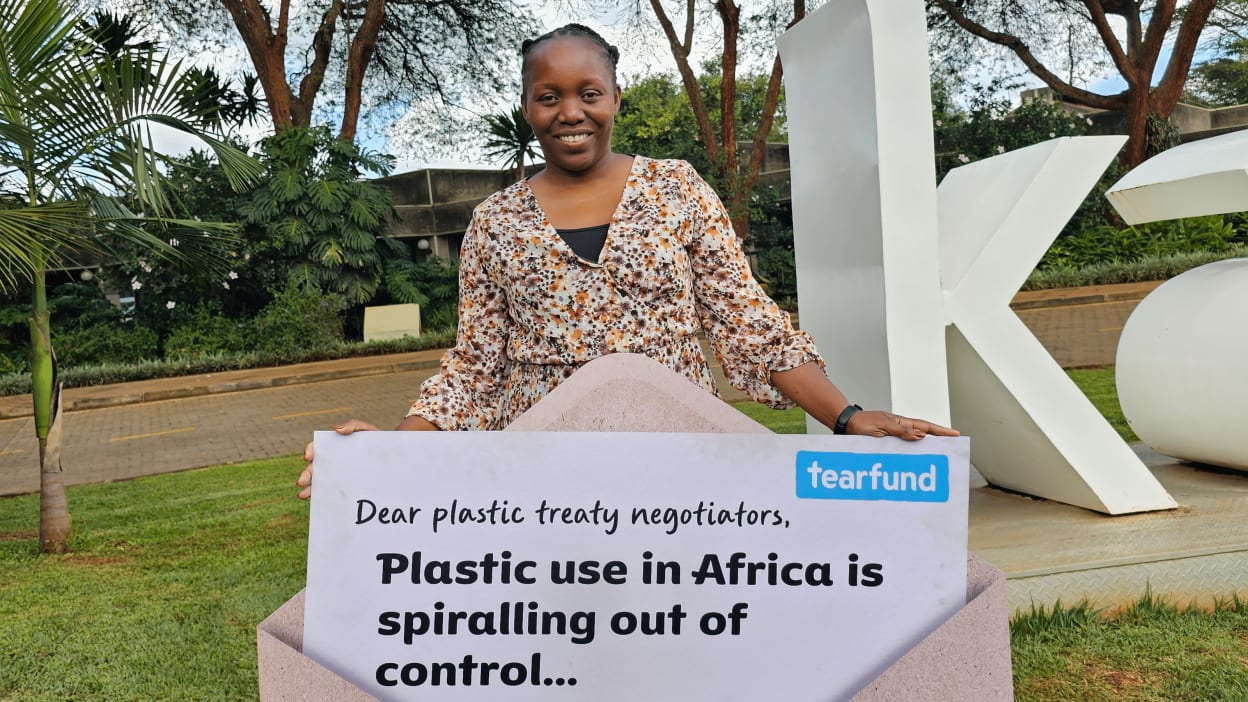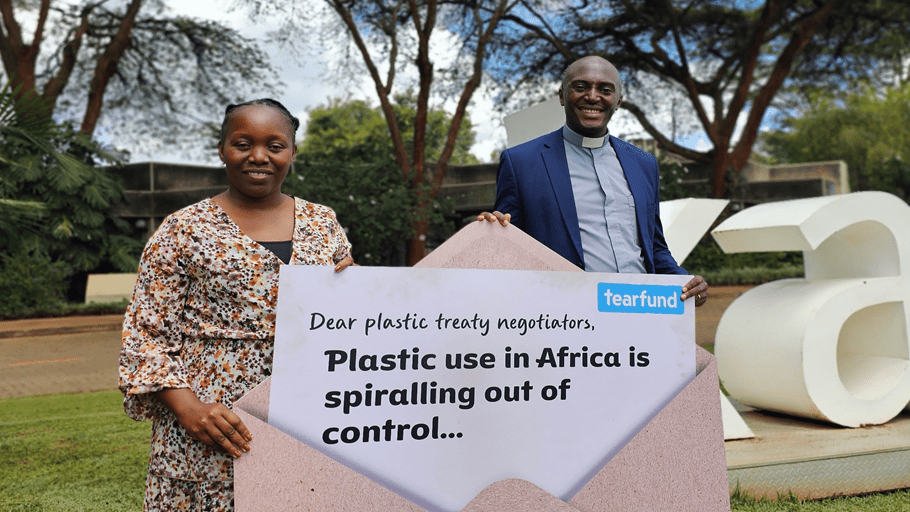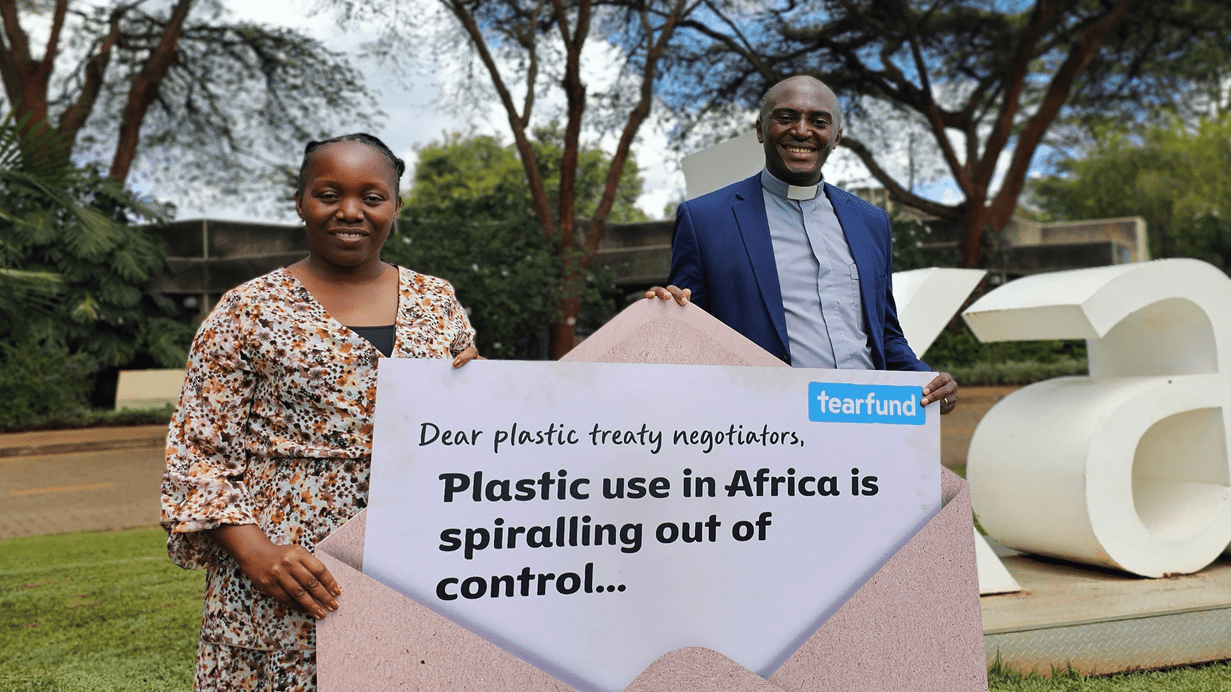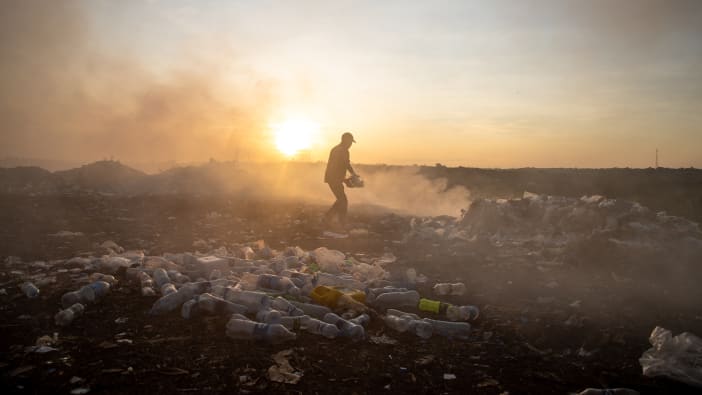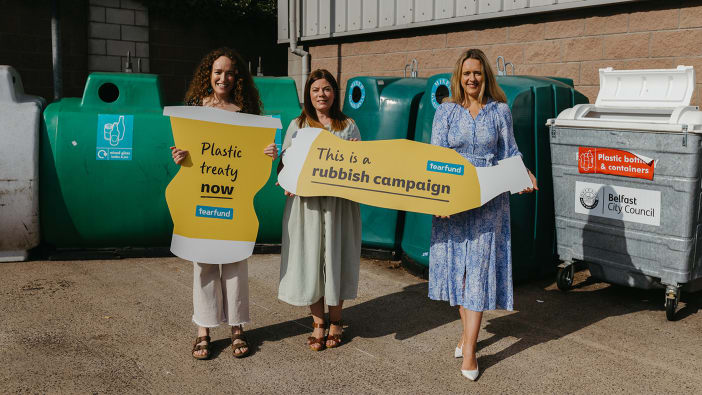Growing crisis in Malawi
The total waste generation for the major cities in Malawi (Lilongwe, Blantyre, Zomba, and Mzuzu) is expected to triple by 2050. These four main cities generate more than 1,000 tons in solid waste per day. The city waste management systems are inadequate to cope with the amount of waste currently generated. Most city areas are currently serviced by an informal waste collection service if any. Plastic waste, particularly single-use items such as bottles and shopping bags, make up a large portion of the generated waste.The country's water bodies, including Lake Malawi, are increasingly contaminated with plastic debris, endangering aquatic life and the livelihoods of communities dependent on fisheries. Plastics pose serious threats to public health, providing breeding ground for disease vectors,through toxins released when burning and from contaminating soil and water, jeopardising agricultural productivity and exacerbating food insecurity.






